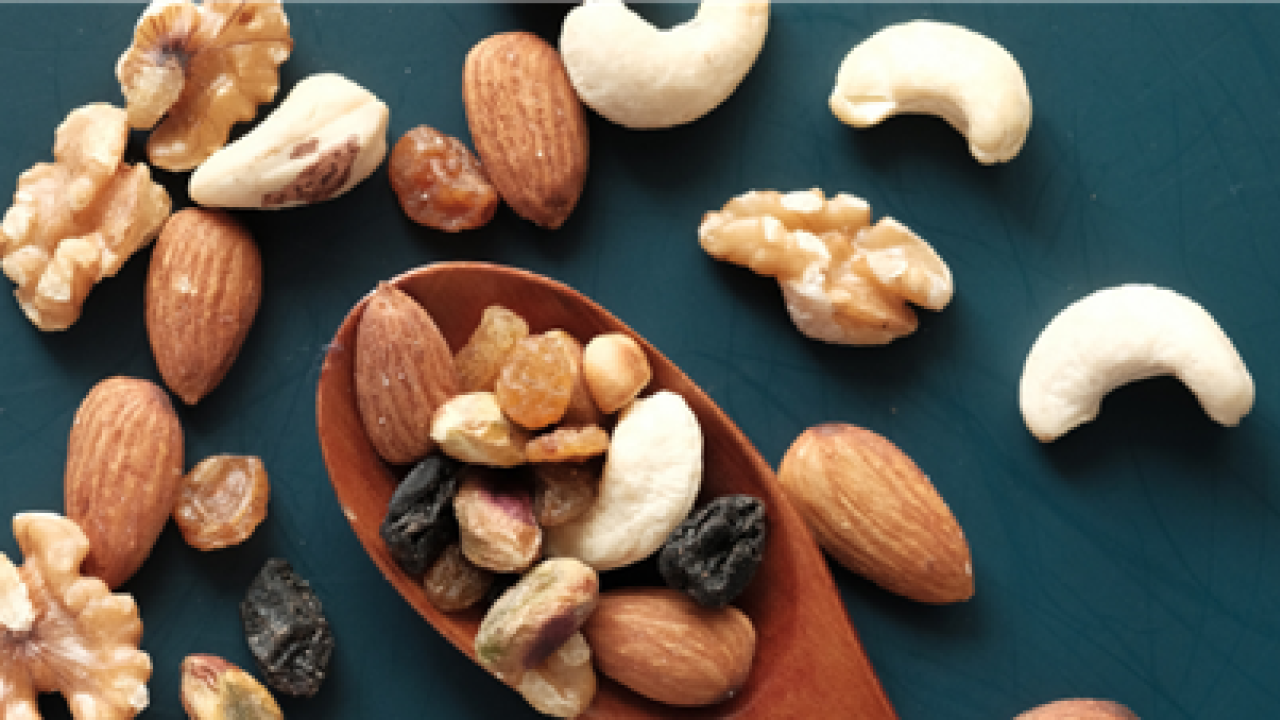
The Importance of Protein
By nutrition peer counselor Lorelei Kilmer
As a macronutrient, protein is essential for our health and body to perform well. Protein is made up of amino acids, nine of which are ‘essential’; we must consume them through food. Protein assists in building muscle, managing blood pressure, and contributes to feeling full for longer. Protein plays a vital role in almost every body system. It can feel overwhelming to know what sources of protein are and how to include it in our meals and snacks daily. One of the reasons it is important to include is because protein helps our muscles recover and help prevent injury. Protein is also helpful in supporting long term eating habits. When we combine a protein with other macronutrients, such as fat or carbohydrate create a well-balanced meal and one that supports us and makes us feel good throughout the day.
Sources of Protein
There are many dietary protein sources, both animal and plant-based. Regardless of the source, it is important to incorporate protein as often as possible in our meals and snacks, remembering it can help keep us satiated and satisfied. Below are some meals including good sources of protein.
Easy protein sources for on the go:
- string cheese
- yogurt
- peanut butter
- nuts
For breakfast:
- eggs (with or without) chicken or beef sausage
- Dairy yogurt (vegan plant-based yogurt for vegans)
- oats with peanut butter and/or yogurt and nuts..
For lunch:
- sliced turkey or chicken wrap
- beef tacos
- tofu and edamame stir-fry
For dinner:
- grilled fish
- beans, quinoa, or tempeh in a soup or stew
- ground meat burger or sandwich
